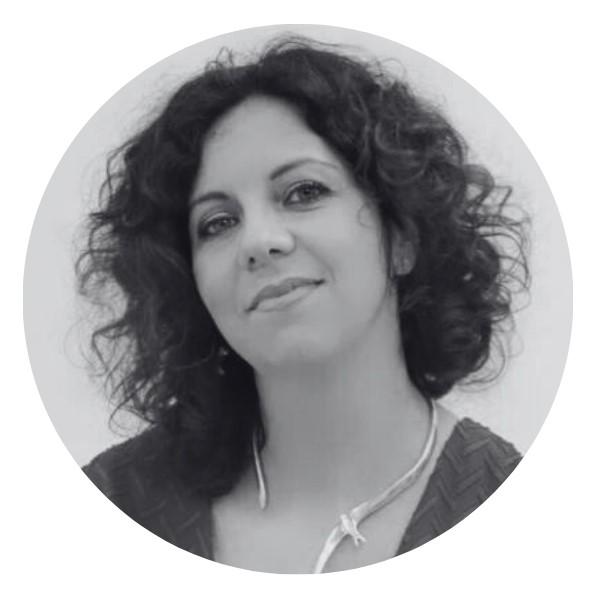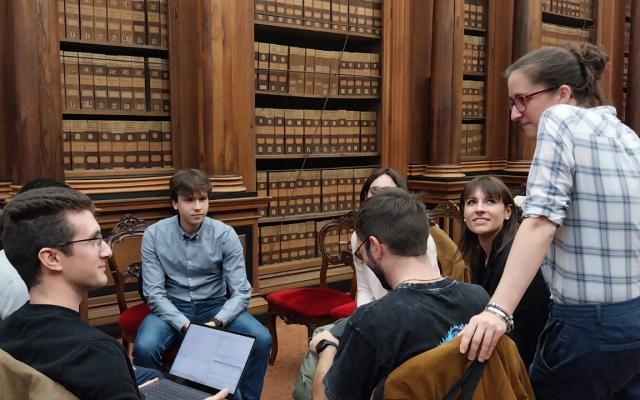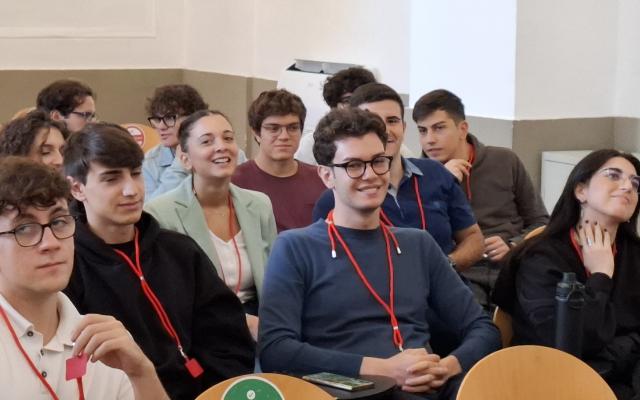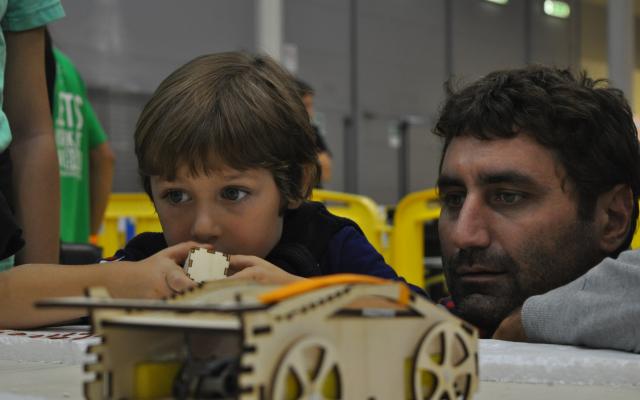With Cybersecurity Seminars, she is transforming training into real impact at her university
Roberta Maisano is one of those professionals who are constantly seeking stimulation, hungry for culture and knowledge ranging from pure mathematics to computer science and engineering. ‘I was born and live in Messina, and the decision to devote myself to scientific subjects, first at secondary school and then at university, was a family matter from the outset. My mother was a mathematics and physics teacher, the only graduate in her large family, at a time when a degree was considered a turning point for one's future.’ Roberta pursued her innate passion through a rich and varied course of study, earning three degrees and several specialisations.
Her first milestone was a degree in mathematics: ‘It makes me smile when I think of my first thesis, which focused on higher algebra, and compare it with my subsequent career in practical subjects,’ she says. ‘After this first degree, I realised that I wanted to open up other avenues, particularly in research. That's why I embarked on a course of study in computer science, which I interrupted to do a PhD and then resumed until I graduated in 2007. My PhD was in environmental technologies and focused on analysing air pollution in the industrial area of Milazzo.’
Then came a postgraduate master's degree in mechatronics in 2008, in collaboration with the University of Salerno, and a third degree, a bachelor's in Engineering and Computer Science in 2018 in Messina.
Fast forward to the present day: ‘Thanks to a second Level II master's degree in Intelligence and ICT at the University of Udine, I became interested in cybersecurity, artificial intelligence and intelligence. This choice opened up new horizons of interest for me because the cross-disciplinary approach of that master's degree provided me with insights into geopolitics, intelligence and AI.’
My passion for cybersecurity was consolidated by a number of cyber analyst courses and, finally, thanks to Cybersecurity Seminars. "I had been looking for a truly professionalising course for some time and was impressed by both the approach taken and the authority of the organisations involved. It was demanding, given my work at the University of Messina, and also very challenging in terms of content related to law. I found the in-depth study of vulnerabilities in AI systems such as adversarial learning, data poisoning and model inversion very interesting."
At the end of the course, the skills she learned were immediately useful for the Technical Secretariat for IT Systems and Services (CIAM) at the University of Messina, where Roberta works: 'I was able to put everything I had learned to use, especially the part relating to the protection of personal data exposed on the web. We have an editorial office that publishes calls for applications, rankings, CVs, decrees and a wide variety of documents on the university's websites. Personal data such as mobile phone numbers, addresses, dates of birth and handwritten signatures often end up on this network unintentionally. This data is quickly indexed by search engines and then made available in the snippets of those same engines. During my work, I tried to use OSINT techniques to understand what kind of documents had been published, and we implemented some scripts that automatically flagged them. In the future, I would like to launch an automatic control system in the pre-publication phase, capable of sending an alert to prevent disclosure."
Above all, Roberta has already shared this know-how with an international student who actively collaborates with her organisation, a first transfer of knowledge that is destined to spread further.
 The interview was conducted by Onelia Onorati, who is in charge of the press office for the Fondazione Mondo Digitale.
The interview was conducted by Onelia Onorati, who is in charge of the press office for the Fondazione Mondo Digitale.




